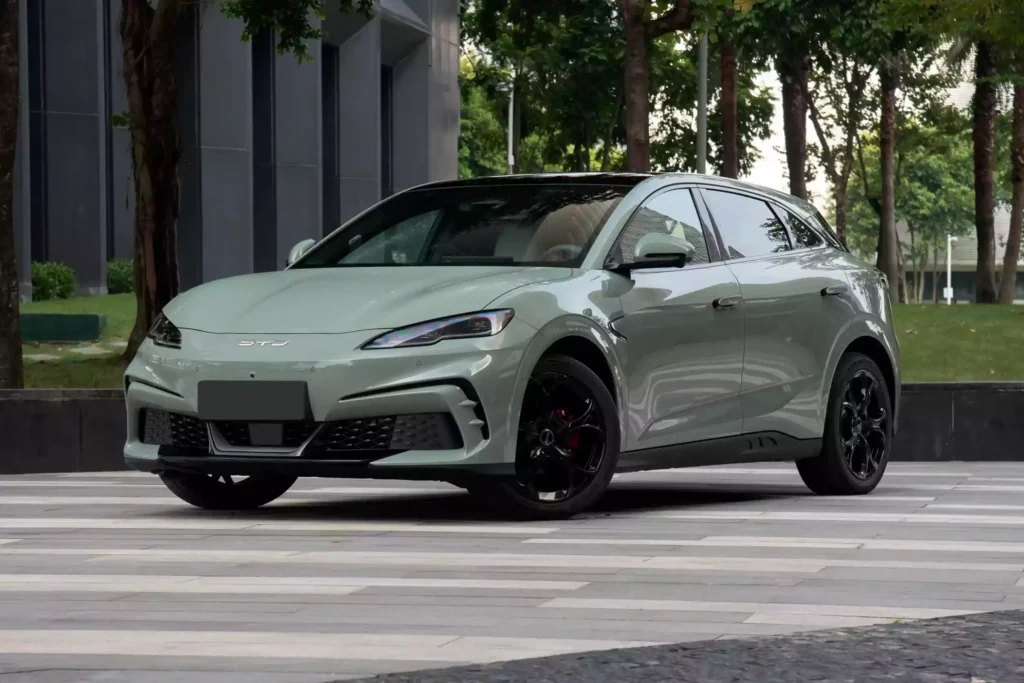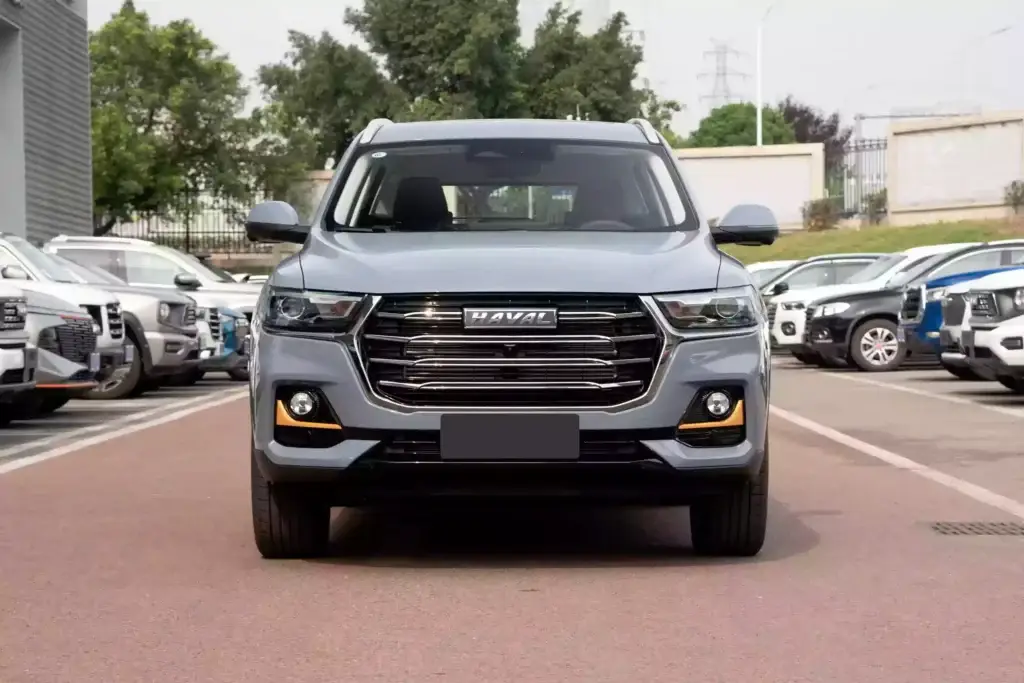In 2023, Chinese cars are increasingly making their mark in Canada, offering affordable, reliable, and technologically advanced options. While not as dominant as Japanese or American brands, several Chinese-influenced models are now available through importers, dealerships, and local manufacturing partnerships.
Here’s a comprehensive look at Chinese cars in Canada and their growing popularity across the country.
1. Overview of Chinese Cars in Canada
Although purely Chinese-made vehicles are not widely sold through official dealerships, many models from Chinese manufacturers or joint ventures are now available in the Canadian market. These include:
- Suzuki and Toyota models – Built in China and sold under Canadian licensing
- Wuling and Chery models – Imported by private buyers or third-party distributors
- BYD and NIO – Focused on electric vehicle (EV) development
- Geely and Haval – Gaining traction with SUVs and sedans
These cars are often imported or locally assembled and are becoming more accessible to Canadian consumers.

2. Popular Chinese-Influenced Models in Canada
Several Chinese-influenced vehicles have found a place in the Canadian market:
- Suzuki Alto and Mehran – Affordable small cars with high fuel efficiency
- Suzuki Baleno – A compact hatchback with modern features and practicality
- Haval H5 and H6 – Rugged SUVs that offer value and performance
- Geely Emgrand – Stylish sedans with good build quality and tech features
- Chery Tiggo 7 Pro – Budget-friendly SUVs with reliable performance
These models are popular among first-time buyers and urban drivers looking for cost-effective transportation.

3. Why Are Chinese Cars Gaining Popularity in Canada?
Chinese cars are becoming more appealing due to:
- Lower prices compared to traditional brands
- Focus on electric and hybrid technology
- Improved design and reliability in recent years
- Growing interest in eco-friendly and efficient vehicles
- Partnerships with Canadian importers and local manufacturers
As global trends shift toward sustainability and affordability, Chinese cars are finding a niche in the Canadian automotive landscape.
4. Challenges of Owning a Chinese Car in Canada
While Chinese cars are becoming more common, there are still some challenges to consider:
- Limited availability through official dealerships
- Fewer service centers and parts support
- Import regulations and customs compliance
- Resale value may be lower than established brands
- Regulatory hurdles for non-approved models
However, some models are easier to register and drive due to increased awareness and partnerships.

5. Future of Chinese Cars in Canada
With increased investment in EVs and global expansion, Chinese automakers are expected to grow their presence in Canada in the coming years.
Brands like NIO, Li Auto, and XPeng are exploring strategic opportunities in the North American market, which could lead to more models being officially available in Canada.
This trend suggests that Chinese cars will continue to gain recognition as eco-conscious and budget-friendly options for Canadian drivers.
FAQs
Q1: Are Chinese cars available in Canada?
A1: Yes—through imports, partnerships, and local assembly.
Q2: What are the most popular Chinese cars in Canada?
A2: Suzuki models, BYD EVs, and Haval SUVs are among the top choices.
Q3: Can I drive a Chinese car in Canada legally?
A3: Yes, if the vehicle meets Transport Canada and provincial safety and emissions standards.
Conclusion
Chinese cars in Canada are becoming more accessible and competitive, offering value, innovation, and efficiency for drivers seeking affordable and sustainable options.

